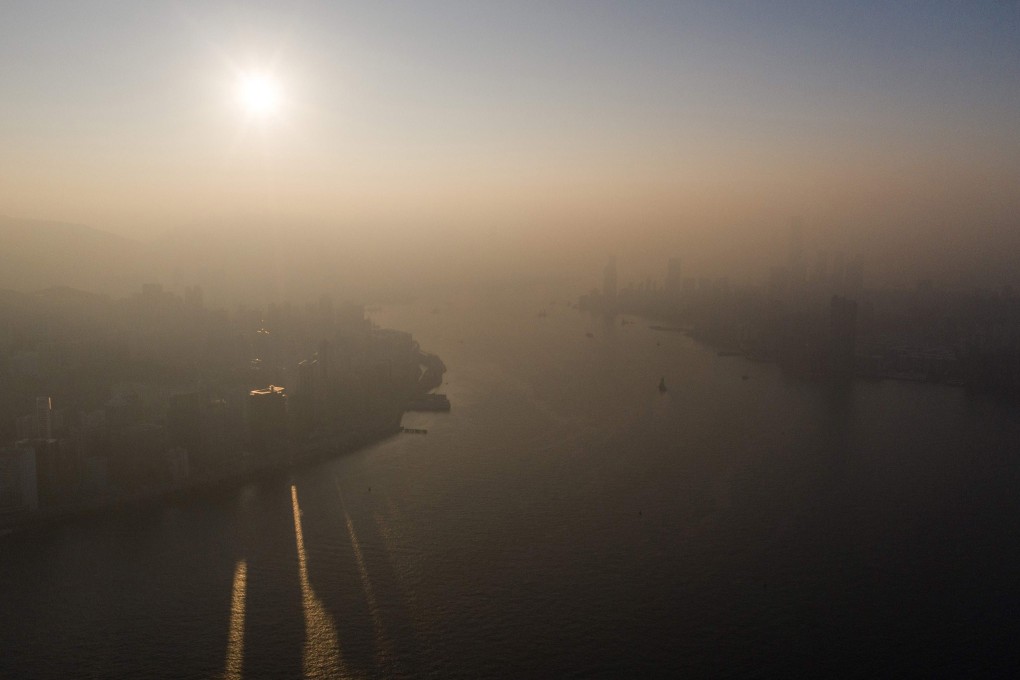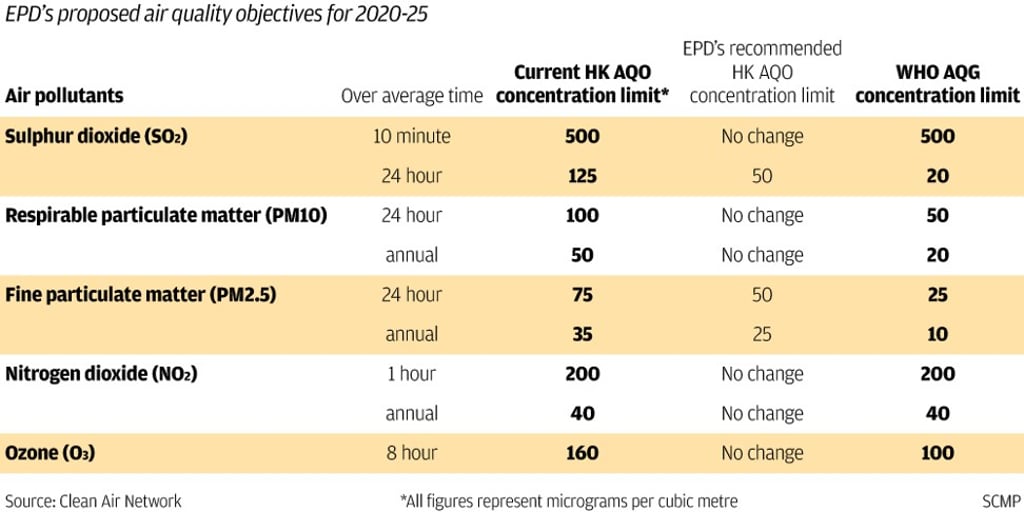Opinion | To beat air pollution, Hong Kong must turn to science and technology
- Anson Au says as well as current measures, Hong Kong needs scientifically tested ideas that have worked elsewhere, such as green rooftops and energy-generating pavements. Pollution is a public health crisis that requires urgent attention

What’s more, some of these objectives won’t even be met, going by the Environmental Protection Department’s own forecasts for air quality in 2025. The department projected that average nitrogen dioxide concentrations in the proposed reclamation area in Lantau would reach 40 to 60 micrograms per cubic metre in 2025, exceeding the target of 40 micrograms per cubic metre.
Targets aside, Hongkongers have tried to pinpoint the sources of our perennial pollution problem. Some point to the emissions from the shipping industry. According to the latest data, shipping in Hong Kong waters produced 8,540 tonnes of sulphur dioxide, 32,900 tonnes of nitrogen oxide and 1,480 tonnes of harmful particulates (PM2.5) in 2016. So one solution, now in progress, is to clean up shipping fuel.
Another source is the coal and gas plants we still use to generate electricity. Yet others have stressed the need to cut down on roadside emissions. This means phasing out diesel vehicles and a switch to electric cars.
While these corrective and preventive measures are important, Hong Kong must also consider turning to some of the scientifically proven and innovative solutions that have been implemented elsewhere in the world. We must take a more proactive stance to rein in pollution and avert the public health crisis it represents.


